Consumer Law
Understanding your consumer rights is essential to ensure you aren't taken advantage of. Everyone makes mistakes, so learn what you can do to help protect yourself in those delicate situations.
|
Sometimes it isn't possible to pay your bills with your current income. Don't feel hopeless; there are plenty of different steps you can take to get on the right track of paying your debt. Don't let debt collectors bully you around; stand up for yourself and understand your rights. Learn about the steps you need to know in this creditor harassment brochure.
|
Download | |
|
Checking your credit report doesn't have to cost you a decline in your credit score. Learn about the ins and outs of checking your credit without it going against you. You have the right to see your credit status, so read more about how to view your credit reports for free.
|
Download | |
|
If you are applying for a Chapter 7 or Chapter 13 bankruptcy, reading this credit counseling brochure will help you understand the steps you need to take. It also gives information about the requirements for those seeking to file for bankruptcy. Understanding and following these steps will help you file correctly without complications.
|
Download | |
|
Understanding bankruptcy and what it entails is key to knowing what it can and can't do for you when applying. There are four main types of bankruptcy cases that are provided under the law. Understanding the difference between each and who they are supposed to help can help with your application. Learn more about bankruptcy and how it can help your situation.
|
Download |
Frequently Asked Questions
What are my rights against creditor harassment?
You have the right to be treated fairly without harassment by creditors and debt collectors. Under laws like the Fair Debt Collection Practices Act (FDCPA), debt collectors are prohibited from using abusive, unfair, or deceptive practices. This includes calling you at unreasonable hours, using threatening language or lying about the debt amount.
How can I check my credit report for free without affecting my credit score?
What steps should I take if I'm considering bankruptcy?
How can bankruptcy help me?
Are there any alternatives to bankruptcy?
What should I do if I find errors on my credit report?
Apply for Legal Help Now
You can start an application for legal help from Northwestern Legal Services by answering some questions.
However, you will not be a client of Northwestern Legal Services unless we contact you and tell you that your case is accepted.
However, you will not be a client of Northwestern Legal Services unless we contact you and tell you that your case is accepted.

